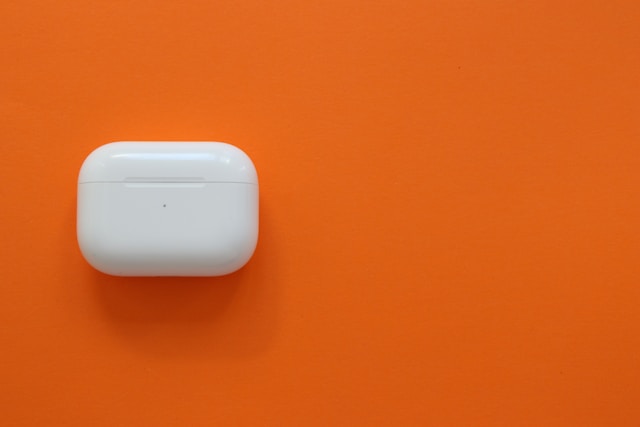Nobody starts taking prescription medication thinking they’ll become addicted. You’re not buying pills from a dealer in a dark alley—you’re following your doctor’s orders. The bottle has your name on it. It’s legal, regulated, and prescribed for a legitimate medical reason. Yet prescription pill dependency has become one of the fastest-growing forms of addiction in America, precisely because it begins so innocently.
The Deceptive Beginning
It usually starts with pain—a surgery, an injury, chronic back problems, or dental work. Your doctor prescribes opioids, and suddenly the pain that’s been controlling your life disappears. You feel normal again, maybe even better than normal. You sleep through the night. Your anxiety quiets down. You can function.
Or perhaps it’s benzodiazepines for anxiety or sleep issues. That prescription for Xanax or Ativan finally gives you relief from the racing thoughts that have plagued you for years. Why wouldn’t you take it as needed?
The problem is that “as needed” slowly becomes “daily,” then “I need a little more than prescribed,” then “I’m calling my doctor early for refills.”
The Slippery Slope
Prescription pill dependency is insidious because the line between appropriate use and problematic use blurs gradually. Your body develops tolerance, meaning you need more of the medication to achieve the same effect. This is a physiological response, not a moral failing, but it starts the dangerous progression toward dependency.
You might start taking an extra pill on particularly stressful days. You convince yourself it’s fine because you have a prescription. You’re not doing anything illegal. You begin planning your day around when you can take your next dose. You feel anxious when your supply runs low. These are warning signs that dependency is developing.
When Medicine Becomes a Problem
The shift from legitimate use to dependency often happens without conscious awareness. You’re not seeking a high—you’re just trying to feel normal. But normal has been redefined by the medication. Without it, you experience withdrawal symptoms: anxiety, irritability, pain, sweating, nausea. You tell yourself you still need the medication for your original condition, but really, you need it to avoid withdrawal.
Many people maintain functionality while dependent on prescription pills, which makes the problem easier to deny. You’re still going to work, paying your bills, and managing responsibilities. High-functioning dependency is still dependency, and it still carries serious risks—overdose, health complications, and progression to more dangerous substances.
The Shame Factor
One reason prescription pill dependency is so dangerous is the shame surrounding it. People feel embarrassed admitting they’ve become dependent on medication a doctor prescribed. They fear judgment, legal consequences, or being labeled an addict. This shame prevents people from seeking help until the problem has escalated significantly.
Getting Help Without Judgment
If you recognize yourself in this description, know that prescription pill dependency is a medical issue, not a character flaw. Your body responded to powerful medications exactly as bodies do—by adapting to their presence.
Treatment doesn’t require you to hit rock bottom or lose everything first. Resources like Luxury Rehab can help you find specialized treatment programs that understand prescription dependency and offer medical supervision for safe withdrawal, along with comprehensive support for long-term recovery.
The medication may have started innocently, but your recovery can start intentionally—right now.

Leave a Reply